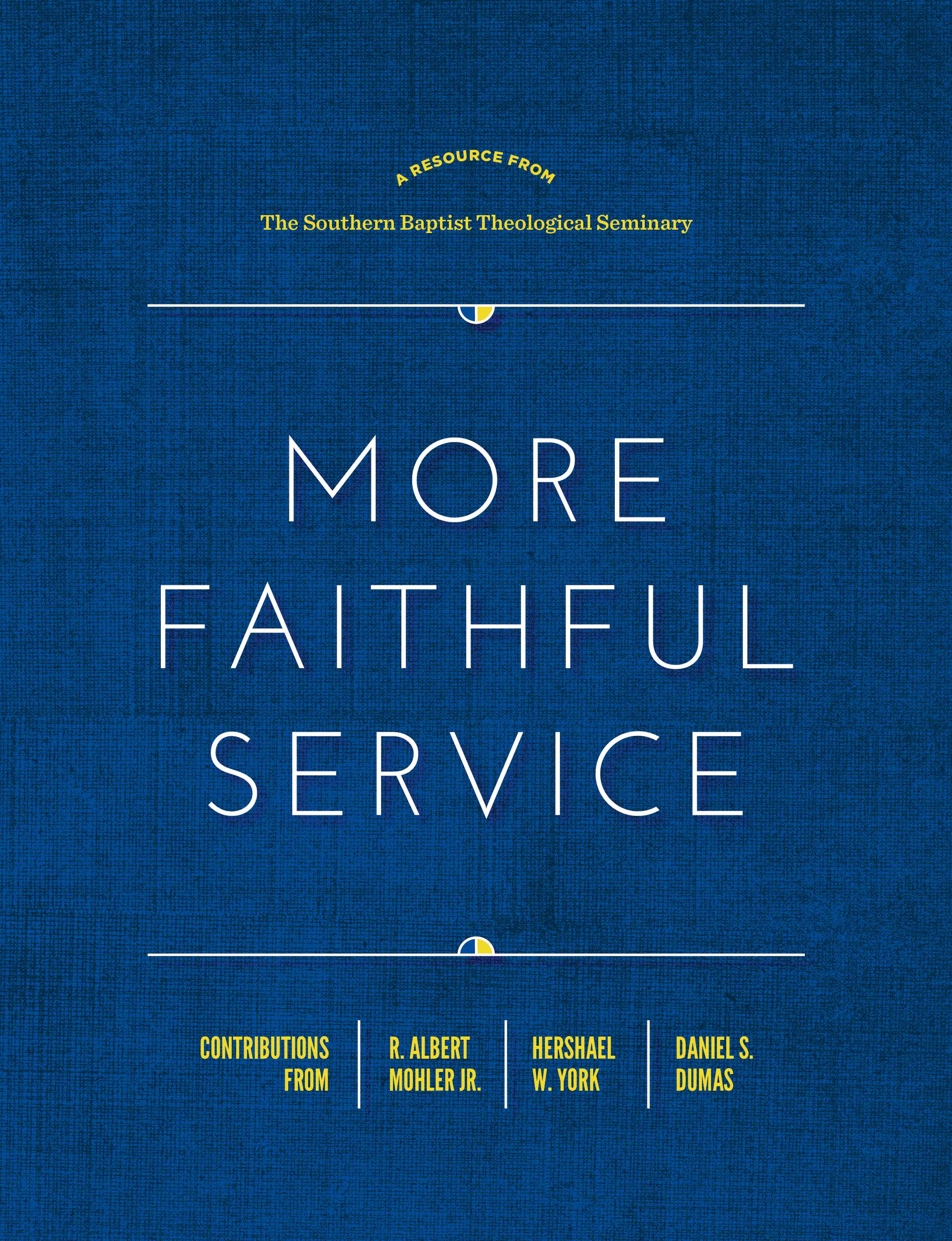10 questions to ask a pastoral search committee
Don’t leave the interiew before asking these ten (often-forgotten) questions.
When seeking a new pastor, most churches elect a search committee that accepts resumes and sorts through them to find a few men who meet the criteria. It is by no means a perfect methodology — often equally difficult for committee members as for candidates — but it is typical. I have heard many who have served on these committees describe them as seasons filled with stress, trying to discern God’s man to fill the sacred office.
I have been interviewed many times by such committees and have had experiences ranging from excellent (a church I served in Birmingham was exemplary) to excruciating (a search committee told me the most important attributes a pastor could posses are devotion to the KJV Bible and a belief in once-saved-always-saved).
The head of one pastoral search committee concluded our interview with an excellent question: “Is there anything you feel we should have asked you, but didn’t?” I responded with several things, ranging from, “You should ask me how I guard my mind while on the Internet,” to “Do you think what I believe about the Bible is important?” Certainly, your mileage will vary with search committees, depending on the church.
I have learned several important questions a pastoral candidate should ask search committees:
1. Ask them about church finances and seek documentation. A financial crisis can devastate your ministry, yet it is one of those topics we tend not to think about when considering a pastoral position. Theology? We think of that. Methodology? Check. What happened to the last pastor? Got that. Finances don’t often rank as a vital topic, but it certainly is. Ask specific questions such as how the church finances large, unexpected expenses. Inquire as to whether or not they church has a savings account or a rainy day fund.
2. Ask them how they would define a healthy church. Keep in mind that growth does not necessarily mean health. Of course, it can signal health, but, as an apple tree must have strong roots to produce juicy, delicious fruit, so must health come before growth in a local congregation.
3. Ask them where the Bible ranks in importance as central to a healthy church. This may be a sub-set of No. 2, but what you should be looking for in a church, most fundamentally, is a congregation that prizes the Bible above all else. They want to learn it, live it, and proclaim it themselves. If a church loves the Bible and sees it as sitting at the heart of all life, doctrine, and practice, then you may be a long way down the road toward seeing it as a fit place of ministry.
4. Ask them how the church has handled conflict. This may provide a window into the church’s soul. Ask here for specifics. This will provide an opportunity to see if they have done church discipline or gauge their disposition toward it. Should you become pastor, it will provide key information as to what still needs to be taught regarding issues like church discipline and how the church rolls have been handled. These are issues that may require much teaching and patience on the part of a new pastor.
5. Ask them why they are interested in you becoming the church’s pastor. To their minds, what makes you a more fit candidate than others they’ve considered?
6. Ask them what makes a good pastor. This is related to the previous question, but is not exactly the same. This will help you discern how they see your role. You will learn whether they view the pastorate primarily as a teaching/preaching role or a shepherding role or both. It will tell you how the view the pastoral office and well help you understand their expectations more clearly.
7. Ask them what the church believes. Are they doctrinally aware? Ask them if there are things that some Christians teach that bother them. The last thing you want is to hide controversial theological commitments up front only to learn later that your new church doesn’t subscribe to your confession of faith! Be gracious, but try to be as clear about this as possible and answer wisely. Make sure they understand what you are saying. Biblical illiteracy even among evangelical churches may surprise a new pastor.
8. Ask them what they expect from your wife. What are their expectations for her? Are such expectations reasonable or are they unbiblical? Communicate your expectations of your wife up front.
9. Ask them how they expect you to handle day-to-day shepherding. Do they want you mainly to stay in the office? If they drive past the church two or three days in a row and don’t see your car, how they would feel? What do they assume you are doing? What do they think you should be doing? Are they okay with you working from home or “off campus” on occasion, assuming you are available if need arises? Make sure they realize ministry doesn’t magically happen in the church office between 9 a.m. and 5 p.m.
10. Ask about their former pastor(s). What do they see as his strengths and weaknesses? Why did he leave? A word of caution here, for this can be a Pandora’s Box if not handled carefully: Make it clear that you want to avoid criticizing or slandering the former pastor in any way. Once you become the pastor, it may be helpful to ask the people to avoid speaking negatively about the former pastor, even if it didn’t end well with him. But it is helpful to know what they think about how well he shepherded the flock and will provide insight into what they think is important.
I’m certain there are many other good questions, but these have helped me to learn much about may churches, even as those churches are seeking to learn about me.




